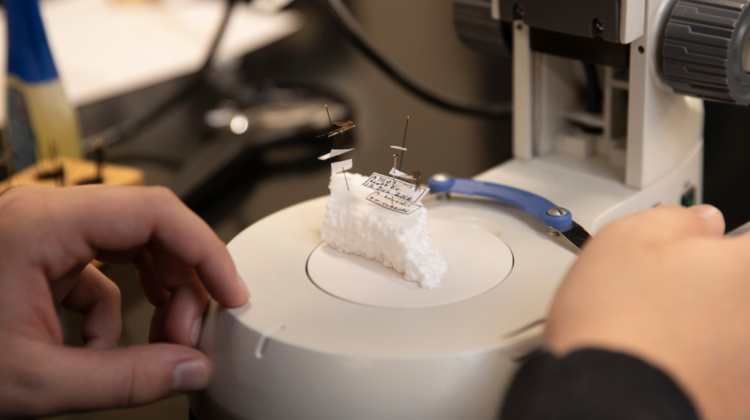The Master of Public Health and Master of Health Administration (MPH/MHA) dual degree program at Missouri State University is one of the top programs in the country, according to NursingProcess.org.
This standout program operates under the department of public health and sports medicine and is offered in collaboration with the department of management in the College of Business. It combines knowledge from both areas to give students a well-rounded education.
“We’re excited by the ranking,” said Dr. Robert Niezgoda, visiting assistant professor of the MPH program. “The MSU MPH/MHA dual degree is a high-quality program with a flexible modality that prepares students for leadership positions in public health or health care organizations. The program’s success is due to our outstanding students and years of successful partnership between the MPH and MHA programs.”
Ranking criteria
To qualify for NursingProcess.org’s rankings, a school must be accredited by a nationally recognized accreditation body.
The rankings are based on these criteria:
- Academic quality – acceptance rate, enrollment rate, graduation rate, retention rate and student-to-faculty ratio (50%).
- Editorial team ratings – considers the school’s infrastructure, faculty credentials, use of technology, student services, industry partnerships, college rankings, ratings and student reviews from respected online publications like U.S. News (30%).
- Affordability – net price and the percentage of enrolled students receiving financial aid (20%).
Program highlights
MSU’s MPH/MHA program allows students to earn two master’s degrees at the same time, bridging health care and medicine.
Students can complete the two degrees in 72 credit hours. Courses range from epidemiology to international health and infectious disease to managing health care organizations and health law and ethics.
The completion of the program equips graduates with a set of knowledge, skills and abilities that enables them to communicate relevant health information; account for health care priorities, policy and delivery; manage crises; and address major health concerns at the population level.
As part of the program, students engage in at least 200 hours of public health field practice. They also complete a public health capstone project.
Career opportunities
Graduates of the program can find themselves in a variety of careers, such as:
- Biostatistician.
- Emergency management.
- Environmental health specialist.
- Epidemiologist.
- Health educator.
- Public health administrator.
- Public health information officer.




